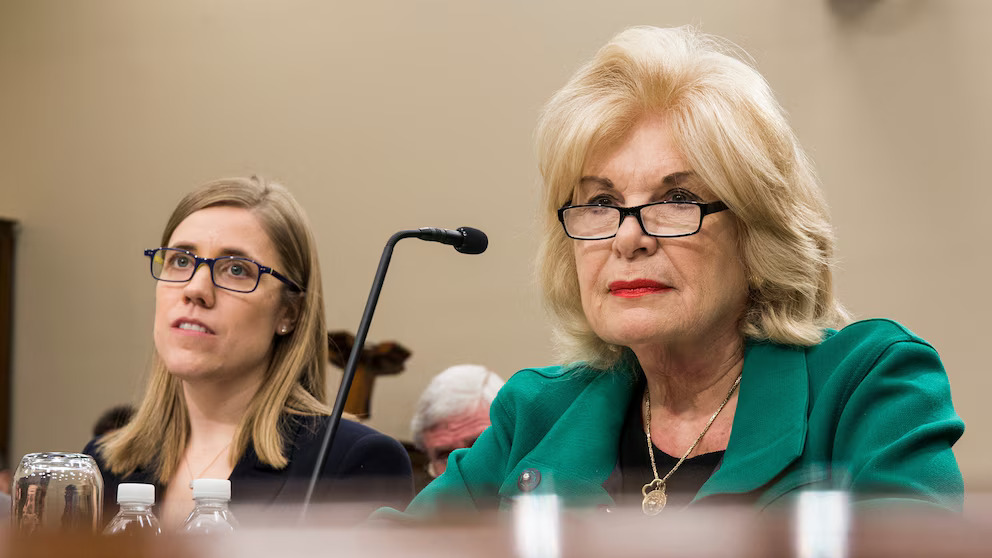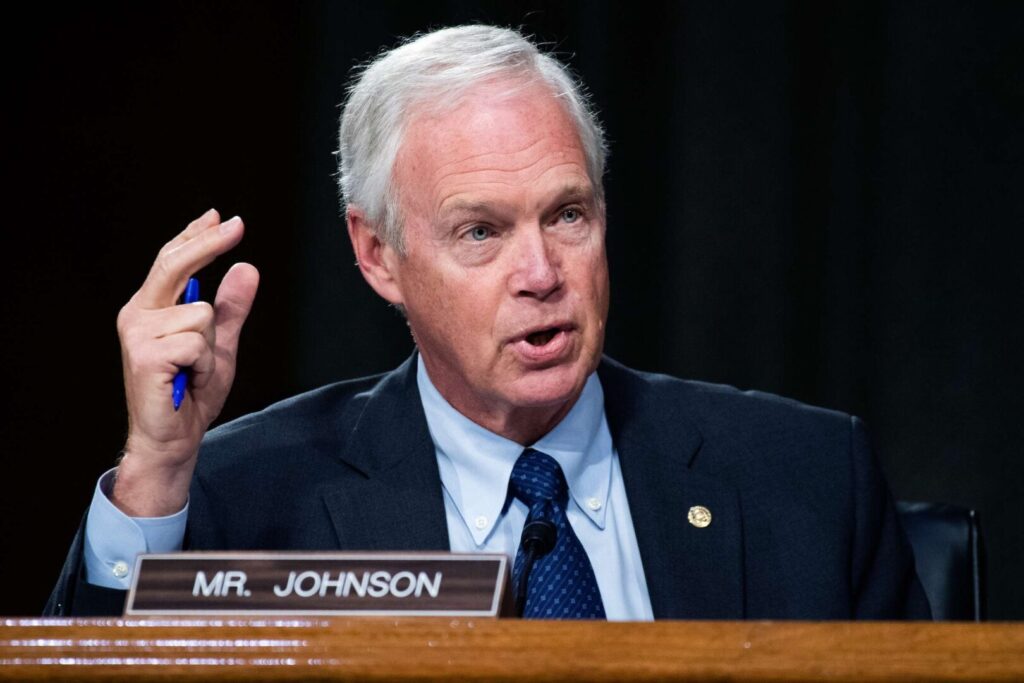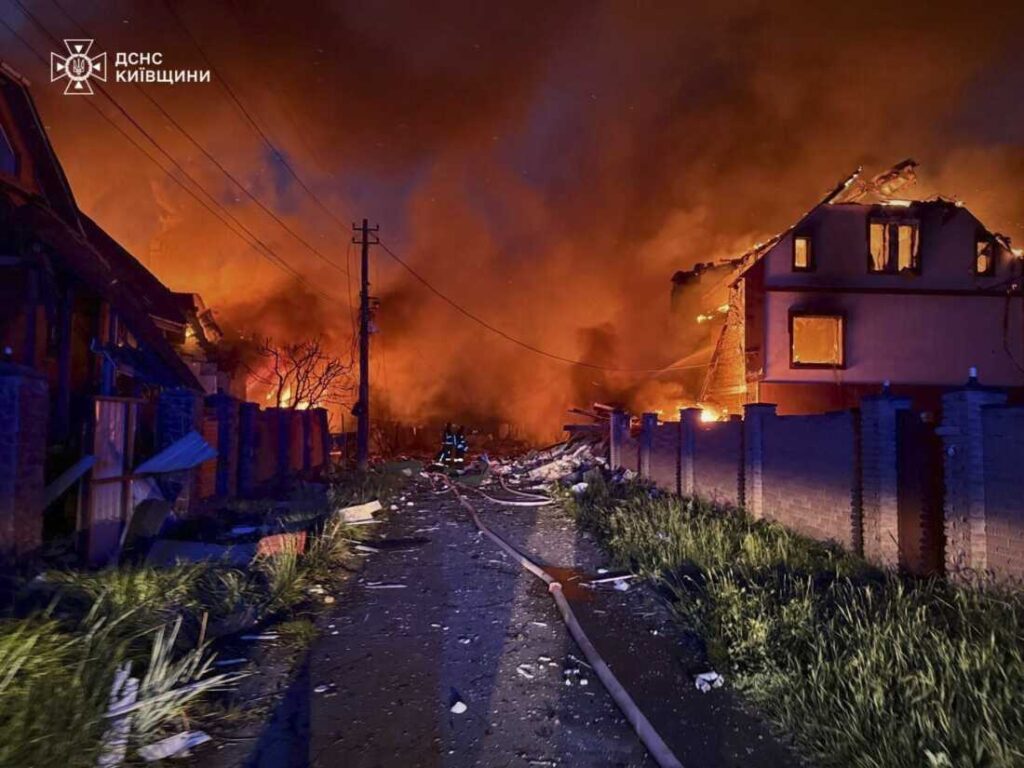The Corporation for Public Broadcasting, which channels federal funds to NPR and PBS, announced Friday it will begin winding down operations after President Donald Trump signed legislation rescinding $1.1 billion in public-broadcasting support through fiscal 2027.
The action follows a largely party-line vote last month approving the cuts as part of a $9 billion rescissions package requested by the White House, which also scaled back foreign aid. Public-media officials had hoped lawmakers would restore some funding for fiscal 2028, but the Senate Appropriations Committee declined to do so Thursday.
“Despite the extraordinary efforts of millions of Americans who called, wrote and petitioned Congress to preserve federal funding for CPB, we now face the difficult reality of closing our operations,” CPB President and CEO Patricia Harrison said in a statement. “CPB remains committed to fulfilling responsibilities and supporting our partners through this transition with transparency and care.”
Harrison added, “Public media has been one of the most trusted institutions in American life, providing educational opportunity, emergency alerts, civil discourse and cultural connection to every corner of the country.”
CPB told employees most staff positions will be eliminated when the fiscal year ends Sept. 30, 2025. A small team will remain through January to manage compliance, distribute remaining funds and resolve long-term obligations, such as music rights and royalty agreements essential to the public-media system.
Harrison noted this marks the first time in nearly six decades that Congress has refused to fund CPB. Established by the Public Broadcasting Act of 1967 under President Lyndon B. Johnson, the nonprofit corporation was created to support local stations with programming and emergency-alert services.
Across the public-media landscape, shock and sadness followed the announcement. “I didn’t really see a day where this separate institution, set up to serve the public, would be shut down,” said Tim Bruno, general manager of Radio Catskill, an NPR affiliate in upstate New York. “I don’t know what stage of grief I’m in right now.”
Some stations, anticipating cuts, began layoffs earlier this summer. WQED in Pittsburgh said Wednesday it will reduce its workforce by 35 percent. Others, such as Nashville Public Media and KUOW in Seattle, reported surges in listener donations in response to the funding loss.
Trump and congressional Republicans have criticized public media, especially NPR, for alleged liberal bias and questioned its value to taxpayers. NPR, which produces “Morning Edition” and “All Things Considered,” receives only a small share of its budget directly from CPB, though its roughly 1,000 member stations rely more heavily on those grants, particularly in rural and low-income markets. PBS and its member stations average about 15 percent of revenue from federal sources.
“The ripple effects of this closure will be felt across every public-media organization and, more importantly, in every community that relies on public broadcasting,” NPR President and CEO Katherine Maher said. NPR has pledged $8 million to help locally owned stations weather the crisis.



